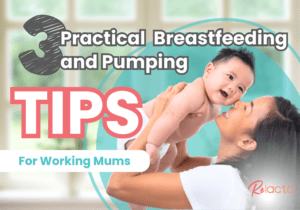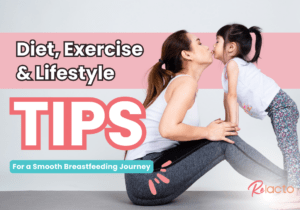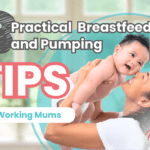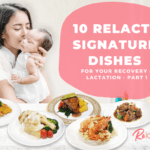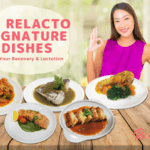Breastfeeding Diet: Best Foods For Nursing Moms
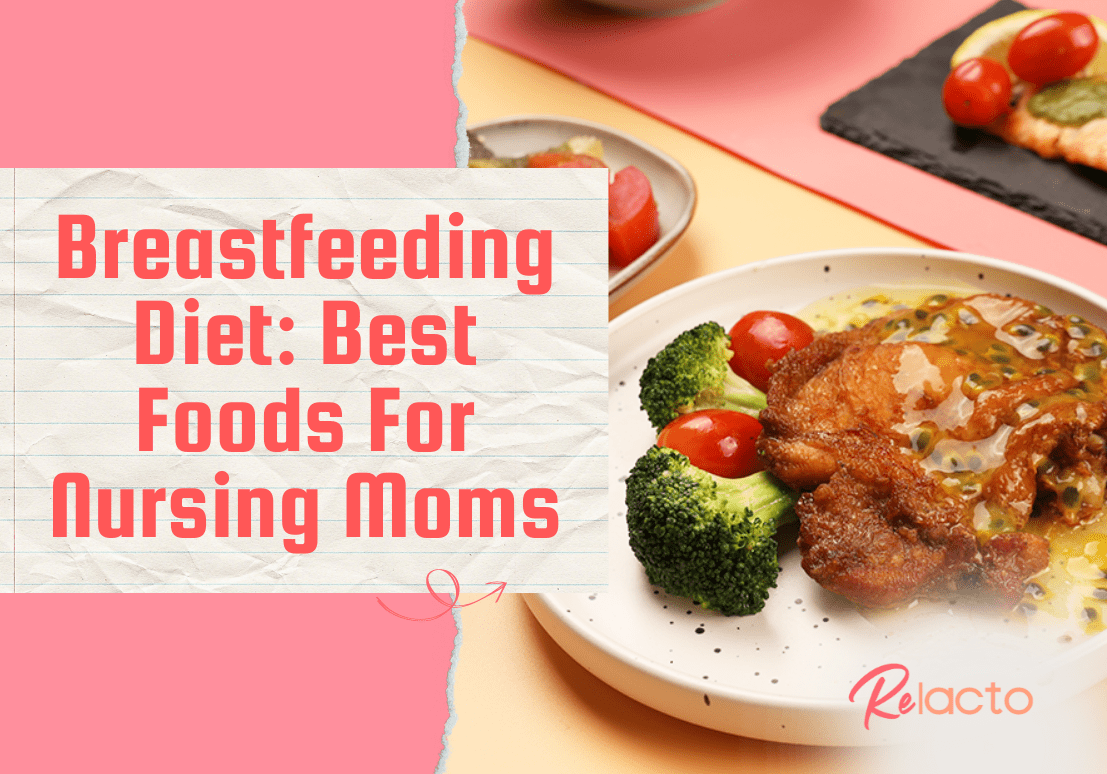
A breastfeeding diet is a nutritious diet that helps a mother to produce breast milk for her infant. The best way to ensure that a mother is getting all the nutrients she needs is to eat a variety of healthy foods from all the food groups.
Just in case you were wondering, food can broadly be divided into several groups based on their nutrient content.
The major food groups are carbohydrates, proteins, fats, vitamins, and minerals. Carbohydrates are the body’s main source of energy and are found in foods like bread, pasta, rice, and potatoes.
Proteins are necessary for the growth and repair of tissues and can be found in meat, poultry, fish, eggs, and dairy products.
Fats provide essential fatty acids and help to absorb fat-soluble vitamins. They are found in vegetable oils, fatty fish, and nuts.
Vitamins are essential for the body to function properly and can be found in fruits, vegetables, fortified cereals, fortified milk, and many more.
Minerals such as iron, calcium, and potassium are also necessary for the body to function properly and can be found in food groups such as meat, dairy, fruits, and vegetables.
By including a variety from each of these food groups in your diet, you can ensure that you’re getting all the nutrients your body needs to function properly.
However, not all nutrients and minerals are created equally. Some of them need to be paid particularly more attention to, especially if one is a nursing mummy. Some to look out for include foods that are rich in Omega 3-DHA, Choline, Iodine, Vitamin A, all Vitamin Bs except Folate, Vitamin C and Vitamin D. This is because the optimal levels of nutrients in breast milk is directly influenced by maternal dietary intakes. If maternal intake is inadequate, the nutrient content of these nutrients may be inadequate as well.
In addition, it is important to drink plenty of fluids, including water and low-fat milk. By following a breastfeeding diet, a mother can help her baby to grow and thrive.
Foods to eat while breastfeeding
Breastfeeding is such an important time for you and your little one. You are creating a bond, providing vital nutrients and antibodies, and giving your baby the best start possible. But did you know that what you eat while breastfeeding can also have an impact on your baby? To avoid this, it’s important to pay attention to your diet while breastfeeding.
Here are some of the best foods to eat while breastfeeding:
Oatmeal
Some mothers believe that oats are great to increase breast milk supply. Although scientific evidence are limited, there is no harm in incorporating it into your meal as oatmeal is high in fiber which can help with constipation. Similar with other wholegrains like brownrice, wholewheat and corn, it is also a complex carbohydrate which will give you lasting energy throughout the day.
Greek Yoghurt
Greek yogurt is not only an excellent source of protein and calcium, it is also a good source of probiotics (beneficial bacteria) which can help with digestion and support a healthy gut microbiome. Unlike other fermented foods that may provide some form of “beneficial bacteria” for gut like kimchi, miso and sourdough, yoghurt is probably one of the safest type of fermented food as it is cultured from pasturized milk in a controlled environment. A healthy gut helps to support the immune system optimally which means mothers with such a diet would less likely be at risk to acute illness.
Eggs
Eggs are probably something you should eat daily. It is one of the main sources of choline you can obtain through your diet. Just two eggs a day would be able to give you more than 50% of your daily requirements. One study in Australia showed that if mothers took at least 1 additional egg per day, the percentage of women having adequate choline intake woud increase from 39% to 80%. Furthermore, Choline content in breastmilk is directly dependent on mother’s intake and it is essential for brain development in babies.
Green leafy vegetables
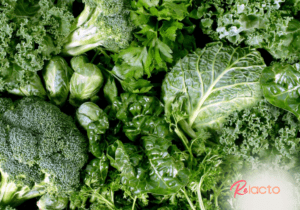
Green leafy vegetables are one of the main and most available sources of Folate which can be easily incorporated into your meals daily. Vegetables like spinach,kailan, asparagus and brussel sprouts which provide more than 20% of your folate requirements for every serving you take. It is especially important to ensure adequate intakes of folate as you breastfeed as your folate requirements are still higher than pre-pregnancy requirements as additional folate is needed to support your body to produce healthy body cells as you breastfeed. Besides that, green leafy vegetables are also a good source of fiber which can help with constipation.
Salmon
Salmon is a great food to eat while breastfeeding because it is high in omega-3 fatty acids. These fatty acids are important for brain development in infants. Salmon is also a good source of protein and vitamin D. These are two nutrients where the content levels of these nutrients in breast milk are directly dependent on maternal dietary intakes.
Nuts
Nuts are a great source of healthy fats, proteins, and vitamins and minerals like zinc, selenium, and vitamin E. They are also a good source of antioxidants which can help to protect cells from damage. Vitamin E rich foods are limited in asian foods especially since many of our foods are cooked with palm oil which has lower content of Vitamin E. Thus, we can easily be inadequate in Vitamin E intakes if we are not intentional with our meals.
Liquids
It is well established that breastfeeding mothers need to consume more fluids than women who are not breastfeeding.
First, breast milk is approximately 87% water, so mothers who are nursing are essentially losing large amounts of fluid with each feeding. In addition, breastfeeding itself can be a dehydrating activity, as it requires the body to produce extra fluids in order to create breastmilk. As a result, it is essential for nursing mothers to keep their liquid intake high in order to maintain their own health and wellbeing.
There are a few easy ways to make sure that you are getting enough fluids throughout the day. First, try to drink a glass of water before each nursing session. In addition, keep a water bottle with you at all times and take sips frequently throughout the day. By taking these simple steps, you can ensure that you are staying properly hydrated and supporting your breastfeeding journey.
Bonus Foods & Diet Tips!
Yeah, we get that breastfeeding isn’t the easiest thing in the world and that whole information overload above isn’t really helping to make the case for it being anything to the contrary. How about we make things a little easier for you instead?
We’ll start off with the most obvious one – whose blog articles are you currently reading?
That’s right, in case you’ve not noticed that we at ReLacto are somewhat of a specialist when it comes to all things lactation related. Why, it’s even in our brand name!
If things are getting a little too much to bear and you find yourself scratching your head thinking up all the ways you can boost breast milk supply, our meals can help lighten your load there. All our dishes are lovingly crafted under the watchful supervision of our professional in-house dietitian and award-winning chef.
That’s when you know your meals will get you that nutritious balance of all you need PLUS, it’ll be yummy too!
Closing Words
If you are breastfeeding, it’s important to pay attention to your diet.Do incorporate these foods such as oats, Greek yogurt, eggs, green leafy vegetables, salmon, and nuts more often into your diet. These foods will provide you with lasting energy and essential nutrients that are important for both you and your baby.
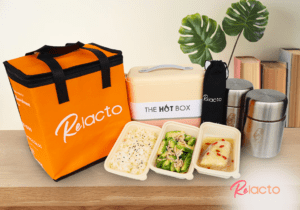
Again, failing which, and you still find yourself Googling keywords like “increasing breast milk food” or “foods to boost milk supply”, then swing on by our homepage today and browse through our varied array of dishes.

